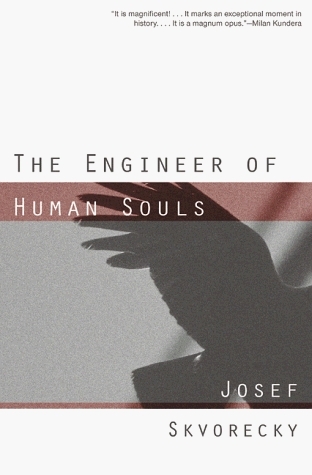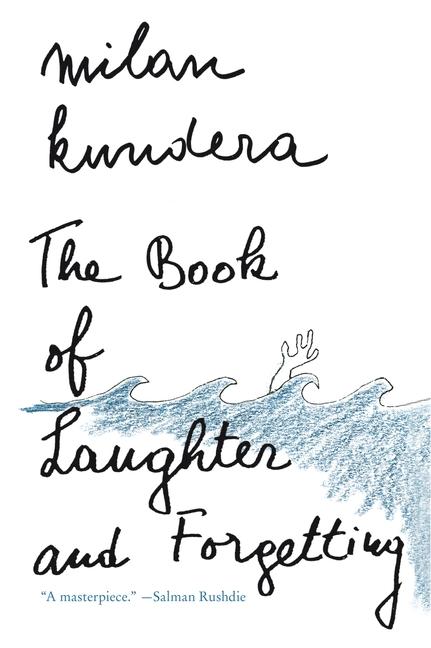
The Cowards
Book Description
In a city teetering on the brink of chaos, where bravery is a luxury few can afford, a group of young Czechs confront their deepest fears amidst the backdrop of war. Relationships are tested as love ignites under the weight of oppression, and loyalty turns into treachery. Each decision spirals into a heartbeat of suspense, illuminating the harsh truths of courage and cowardice. Friends band together, driven by desperation and hope, but can they outsmart the forces that threaten to tear them apart? As the stakes rise, will they discover what it truly means to stand tall—or will they collapse under pressure?
Quick Book Summary
"The Cowards" by Josef Škvorecký is set in the closing days of World War II in a small Czech town, where the young and disaffected Danny Smiřický and his friends struggle with the disarray of liberation and the confusion of rapidly shifting power. As German forces prepare their retreat and Czech partisans try to assert authority, Danny oscillates between his desire for romance and a sense of duty, all while grappling with the expectations of heroism in a time of chaos. The novel captures both the absurdity and the tragedy of war through the lens of youth, exploring how personal ambitions, cowardice, and love intertwine under oppression. Škvorecký’s biting wit and lyrical prose bring to life a story of courageous hope and bitter disappointment, examining what it means to take a stand—or to choose merely to survive.
Summary of Key Ideas
Table of Contents
Blurred Boundaries Between Heroism and Cowardice
Amid the ruins of a war-ravaged Czech town in May 1945, the protagonist Danny Smiřický finds himself and his friends in the liminal space between German occupation and Soviet liberation. While official power ebbs away and chaos intensifies, Danny and other young men—caught between adolescence and adulthood—wrestle with both mundane desires and existential fears. Instead of conventional heroism, many slip into passivity or indulge in small acts of rebellion, driven more by boredom and confusion than conviction.
Youth, Disillusionment, and Coming of Age
Exposed to the shifting tides of authority, the group confronts the arbitrary and often absurd nature of war. Gangs of partisans, opportunistic local leaders, and the looming approach of Russian forces create a kaleidoscope of disarray. The supposed virtue of bravery is undermined by the characters’ constant self-doubt and their tendency to seek safety where possible. This environment reveals both the performative aspects of courage and the complex, often contradictory impulses of those forced to act under pressure.
The Absurdity of War and Power
Love and romantic longing are central forces propelling Danny and his circle. Between flings, infatuations, and jealousy, relationships among the young Czechs are heightened by the intensity of war—every encounter threatened by death, every courtship infused with a search for meaning. Love becomes a way of resisting despair, and betrayal or loyalty can have fatal consequences. These tangled affections reflect the broader uncertainty of the age, with trust in others perpetually at risk.
Love, Loyalty, and Betrayal Amidst Chaos
As the characters navigate the chaos, they must also confront their own identities and allegiances. Some seek easy answers through ideological alignment or bravado, while others fall into cynicism. Danny, in particular, questions what is expected of him—as a Czech, a young man, and a would-be hero—and constantly resists simple narratives of good versus evil. This exploration of inner conflict is echoed in the wider political upheaval shaping postwar Czechoslovakia.
Identity in Times of Political Turmoil
Ultimately, "The Cowards" interrogates the very meaning of courage, refusing to offer clear-cut examples of heroism. By focusing on ordinary people swept up in extraordinary times, Škvorecký celebrates the messy, disappointing, and sometimes redemptive attempts to live with dignity. The novel’s dark humor and sharp observations invite readers to consider the cost of standing tall and the humanity in sometimes simply surviving.
Download This Summary
Get a free PDF of this summary instantly — no email required.





